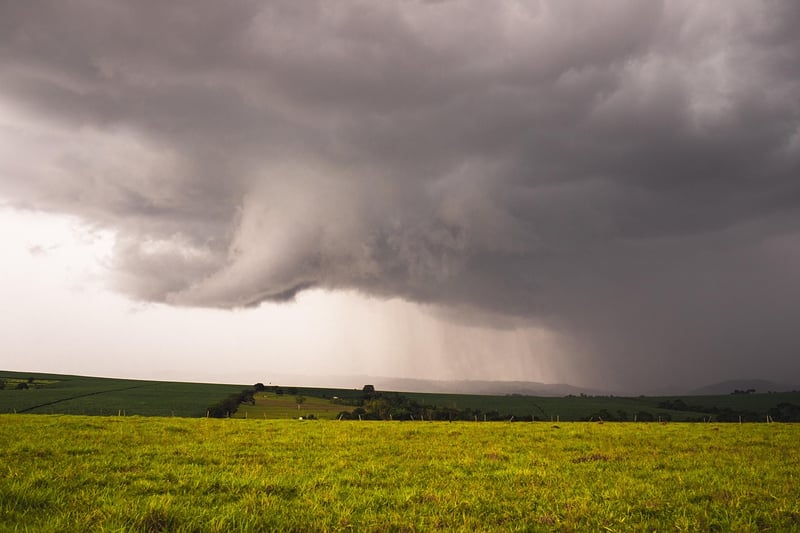Temporal Loops
The Consequences of Changes and Temporal Loops
Time travel has long been a fascinating concept in science fiction, leading to many discussions about the potential consequences of altering the past and the creation of temporal loops. Let's delve into the intriguing world of temporal mechanics and explore the implications of changes within the space-time continuum.
Consequences of Changes
When considering the consequences of changes in the timeline, it's essential to understand the butterfly effect - the notion that small actions can have significant and unforeseen consequences in the future. Even the slightest alteration in the past can lead to a cascade of changes that reverberate throughout history.
For example, preventing a historical event or saving someone from a tragic fate may seem noble at first glance. Still, it could result in unintended outcomes such as the rise of a tyrant or the disruption of a crucial invention that shapes the course of civilization.
Moreover, the concept of paradoxes comes into play when contemplating changes in time. Paradoxes like the grandfather paradox, where a time traveler prevents their own existence by altering the past, highlight the inherent complexities and dangers of meddling with established events.
Temporal Loops
Temporal loops are another intriguing aspect of time travel narratives. These loops occur when an event causes a time traveler to go back in time and become the cause of that same event, creating a self-perpetuating cycle with no clear origin.
One famous example of a temporal loop is the story of a character receiving information from their future self, which they later pass on to their past self, thereby ensuring that the information is always present at that specific moment in time.
Such loops raise questions about free will, determinism, and the nature of causality within a universe where events are not necessarily linear but can loop back on themselves indefinitely.
Conclusion
As we contemplate the consequences of changes and the enigmatic nature of temporal loops, it becomes evident that time travel is a complex and paradoxical concept that challenges our understanding of cause and effect. Whether altering the past leads to a divergent timeline or the creation of a closed loop, the implications of temporal manipulation are profound and thought-provoking.
While time travel remains confined to the realm of fiction, exploring its theoretical consequences sparks philosophical discussions about the nature of time, reality, and the interconnectedness of events across the ages.


